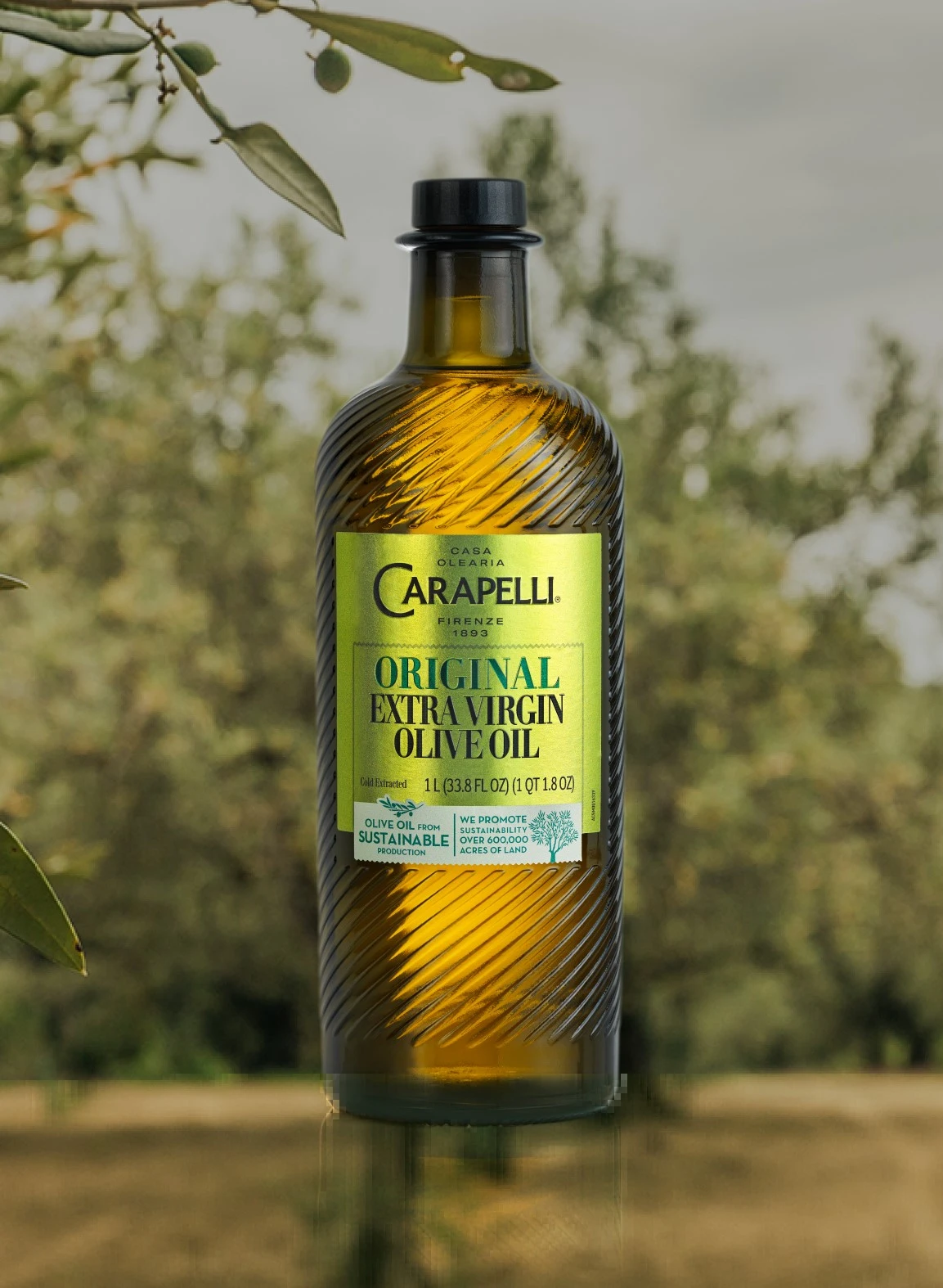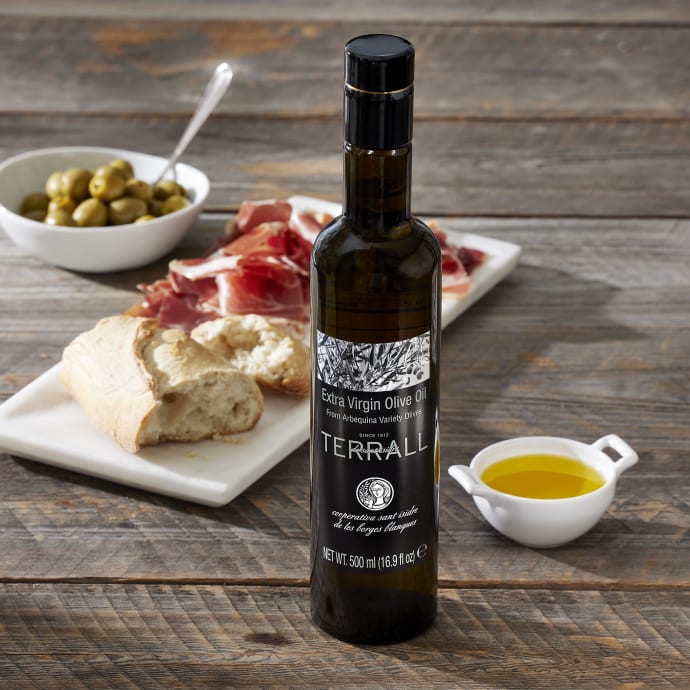Extra Virgin Olive Oil Benefits: The Secret to Healthier Hair and Nails
Exploring the Various Kinds of Olive Oil and Their Usages, Consisting Of Additional Virgin Olive Oil
The expedition of olive oil encompasses a diverse range of kinds, each offering cooking applications and distinctive flavors. Bonus virgin olive oil, renowned for its premium top quality and health and wellness advantages, works as a staple in lots of kitchens, yet it is just one facet of this multifaceted active ingredient. extra virgin olive oil benefits. Other ranges, such as pure and polished olive oils, also necessitate attention for their special residential or commercial properties and usages. Understanding these distinctions can considerably influence both cooking strategies and flavor profiles. What, then, should one take into consideration when selecting the ideal olive oil for a details culinary venture?
What Is Olive Oil?
Obtained from the fruit of the olive tree, olive oil is a staple in Mediterranean cuisine and a key active ingredient in various cooking applications. This versatile oil is produced by pressing entire olives, resulting in a liquid that varies in taste, shade, and aroma relying on the sort of olives utilized, the region of growing, and the extraction procedure. Olive oil is mainly composed of monounsaturated fats, particularly oleic acid, which is known for its possible health benefits, including anti-inflammatory residential or commercial properties and cardiovascular support.
In addition to its cooking uses, olive oil has a lengthy history of application in typical medication and skin care, owing to its rich antioxidant material (extra virgin olive oil benefits). The oil is frequently utilized in dressings, marinates, and for cooking methods such as sautéing and roasting. Its distinct flavor profile can enhance the taste of numerous dishes, making it an essential component for both home cooks and expert chefs
Moreover, olive oil is commemorated for its role in the Mediterranean diet plan, which is related to various health advantages. As recognition of these advantages grows, olive oil proceeds to acquire popularity worldwide as a fundamental component of a healthy way of life.
Kinds Of Olive Oil
Recognizing the different sorts of olive oil is necessary for both culinary lovers and health-conscious customers. Olive oil is classified mostly based on its extraction approach and top quality, which considerably influences its flavor, wellness, and aroma benefits.

Light olive oil, in spite of its name, refers to a lighter flavor and not reduced calories. It is suitable for those seeking a much more subtle taste in dressings and marinates. Additionally, there are flavorful olive oils instilled with natural herbs, flavors, or citrus, which can enhance dishes without the need for added flavoring.
Each kind of olive oil offers specific culinary purposes, and recognizing these differences enables customers to make educated selections that align with their cooking styles and health and wellness goals.
Bonus Virgin Olive Oil
Extra virgin olive oil (EVOO) is extensively considered as the greatest high quality olive oil available, popular for its rich flavor and countless health advantages. To be categorized as extra virgin, the oil should be created from fresh olives utilizing mechanical processes, without using solvents or excessive warm. This meticulous technique protects the oil's natural tastes, anti-oxidants, and healthy fats, resulting in an item with a low acidity level of less than 0.8%.
EVOO is bountiful in monounsaturated fats, especially oleic acid, which is linked to decreased inflammation and boosted heart health and wellness. It also contains polyphenols, powerful anti-oxidants that may use safety impacts against persistent illness. The flavor profile of EVOO can differ dramatically relying on the olive selection and area of production, ranging from verdant and fruity to robust and peppery.

Culinary Uses of Olive Oil

In cooking, olive oil can be made use of for sautéing, toasting, and barbecuing, offering a much healthier alternative to butter or various other fats. Its high smoke factor makes it ideal for numerous cooking approaches, while its antioxidants contribute to a heart-healthy diet. Drizzling olive oil over finished dishes, such as pasta, fish, or smoked veggies, can raise tastes and add a touch of style.
Moreover, olive oil plays a considerable function in cooking, where it can change traditional fats in recipes for bread and pastries, presenting moisture and a refined taste. It likewise works as a base for instilled oils, allowing chefs to explore tastes such as garlic, herbs, or chili, further broadening its cooking capacity. On the whole, olive oil's versatility makes it essential in both home and expert cooking areas.
Picking High Quality Olive Oil
When selecting high find out this here quality olive oil, it's important to think about a number of crucial elements that affect the product's taste, scent, and health advantages. Choose for extra virgin olive oil (EVOO), which is derived from the very first chilly pressing of olives and consists of the highest levels of antioxidants and beneficial compounds. Search for oils that are certified by identified companies, as this commonly makes certain adherence to strict top quality standards.
The packaging likewise plays a considerable duty in maintaining the oil's honesty. Choose oils stored in dark glass bottles or tins to safeguard versus light degradation. Focus on the harvest day; fresher oils offer exceptional taste and dietary value, so select products that are within 18 months of their harvest.
Be conscious of the preference; a great quality olive oil should have a balance of fruity, bitter, and peppery notes, suggesting its richness and complexity. By assessing these variables, you can ensure you are picking the finest olive oil for your cooking demands.
Verdict
In recap, the expedition of numerous kinds of olive oil exposes distinctive features and applications, with additional virgin olive oil representing the peak of quality because of its reduced acidity and high antioxidant web content. Its adaptability in culinary usages enhances flavors in dressings, marinades, and sprinkles. Comprehending the various ranges of olive oil permits educated options in food preparation methods, promoting healthier methods while enriching the overall gastronomic experience. Quality selection remains important for optimum benefits.
Derived from the fruit of the olive tree, olive oil is a staple in Mediterranean food and site here a vital active ingredient in numerous culinary applications.The most typical types of olive oil consist of refined olive oil, pure olive oil, and light olive oil.Extra virgin olive oil (EVOO) is extensively concerned as the highest possible top quality olive oil offered, renowned for its abundant flavor and countless health advantages. Opt for extra virgin olive oil (EVOO), which is acquired from the initial cool pushing of olives and consists of the highest degrees of antioxidants and advantageous compounds.In recap, the expedition of various kinds of olive oil exposes unique features and applications, with additional virgin olive oil representing the pinnacle of top quality due to its low level of acidity and high antioxidant web content.